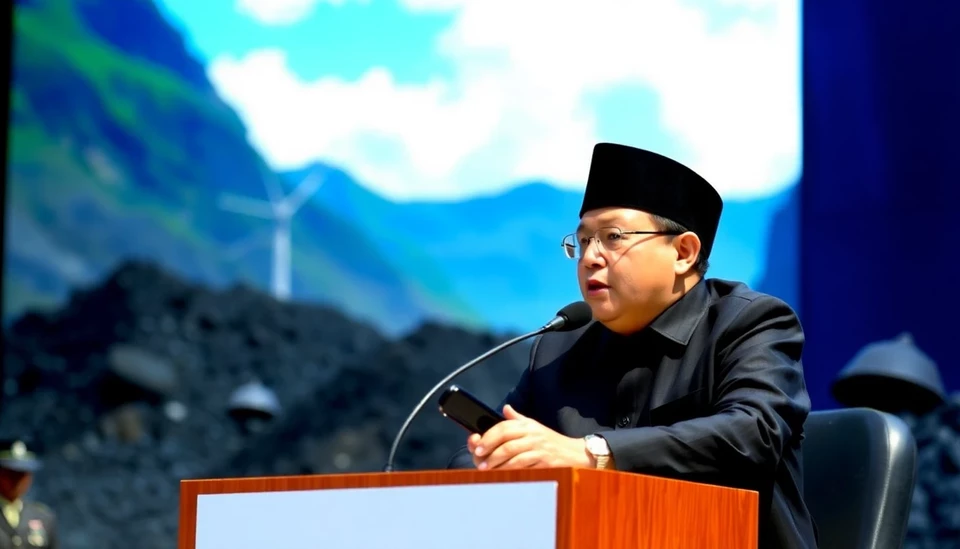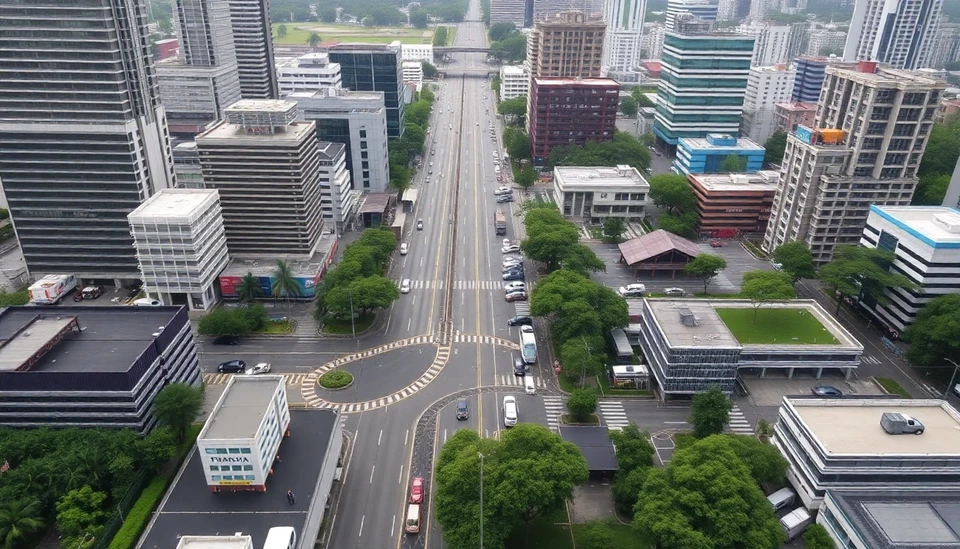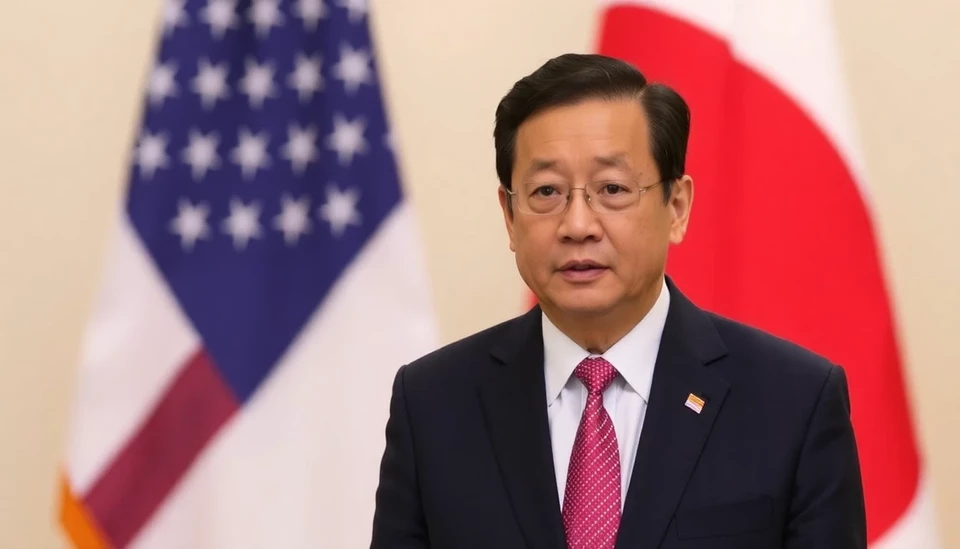
In a groundbreaking declaration, Indonesia's Defense Minister Prabowo Subianto has committed to retire the nation's entire fleet of coal-fired power plants within a 15-year timeframe. This announcement comes amid rising global pressures to reduce carbon footprints and tackle climate change more aggressively. Prabowo's ambitious plan could significantly alter Indonesia's energy landscape and position the country as a leader in the transition towards sustainable energy sources.
During a recent energy summit, Prabowo stressed the urgency of transitioning from coal, a major source of carbon emissions, to cleaner energy alternatives. Indonesia, being one of the world's largest coal producers, faces immense challenges with its heavy reliance on coal for electricity generation. Currently, over 60% of the country’s power comes from coal, which not only contributes to air pollution but also poses significant public health risks.
The minister outlined his vision for a gradual phase-out, emphasizing an approach that seeks to balance economic growth with environmental responsibility. "We understand the need for energy security and economic stability," he remarked. "However, we have to ensure that future generations inherit a healthier planet." This transition is expected to involve investments in renewable energy sources, such as solar and wind, as well as modernizing the existing energy infrastructure.
Prabowo's announcement has received a mix of enthusiasm and skepticism from both environmental advocates and industry stakeholders. Supporters have hailed the commitment as a proactive step towards mitigating climate change effects, while critics worry about the economic implications for communities dependent on coal mining and production. To address these concerns, Prabowo has proposed comprehensive support programs for those impacted by the transition.
As part of this initiative, the government plans to collaborate with international partners and financial institutions to secure funding and technical assistance for renewable energy projects. Prabowo believes that with the right investment and policy frameworks, Indonesia can not only retire its coal plants but also emerge as a hub for renewable energy in Southeast Asia.
This move aligns with Indonesia's commitment to the Paris Agreement, wherein the country pledged to reduce its carbon emissions by 29% by 2030. With this newfound commitment to ending coal usage, Indonesia is positioning itself to exceed these goals, potentially inspiring other nations to follow suit.
The coal phase-out plan also includes timelines for decommissioning existing plants and implementing new regulatory measures to encourage cleaner energy production. The stakes are particularly high for Indonesia, where climate change has already begun to impact agriculture, fishing, and public health significantly. Analysts believe that a steadfast commitment to renewable energy could bolster Indonesia’s resilience against climate challenges while fostering new economic opportunities in green sectors.
As the world watches closely, Prabowo’s initiative may set a precedent for other developing nations grappling with similar issues of economic dependence on fossil fuels. The Indonesian government’s approach to this critical environmental challenge will be crucial as it navigates the delicate balance between energy needs, economic growth, and climate obligations.
In summary, Prabowo Subianto's pledge to retire coal plants by 2039 marks a historic turning point for Indonesia, showcasing a commitment to environmental stewardship amidst a backdrop of economic concerns. The coming years will reveal whether this ambitious vision can be transformed into reality through strategic planning and collaboration.
#Indonesia #CoalPhaseOut #PrabowoSubianto #RenewableEnergy #ClimateChange #SustainableDevelopment #EnergyTransition #GreenEconomy #ParisAgreement
Author: Sophie Bennett




